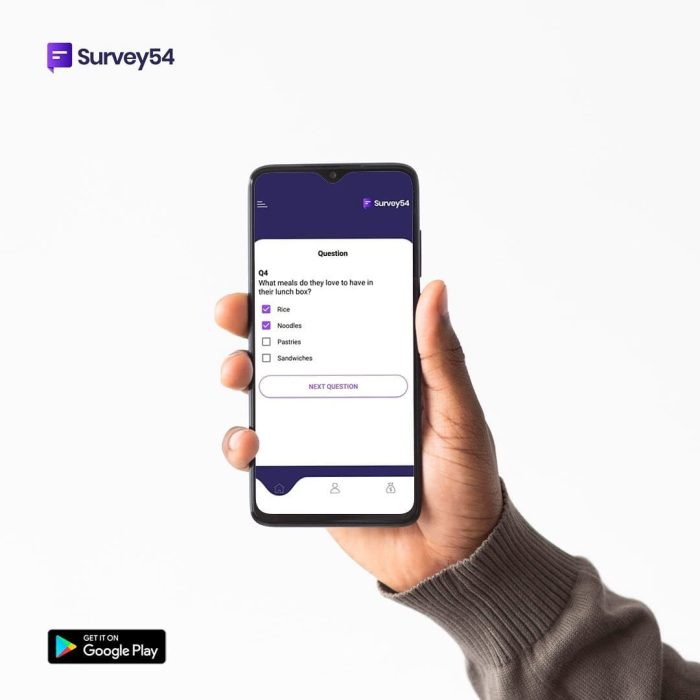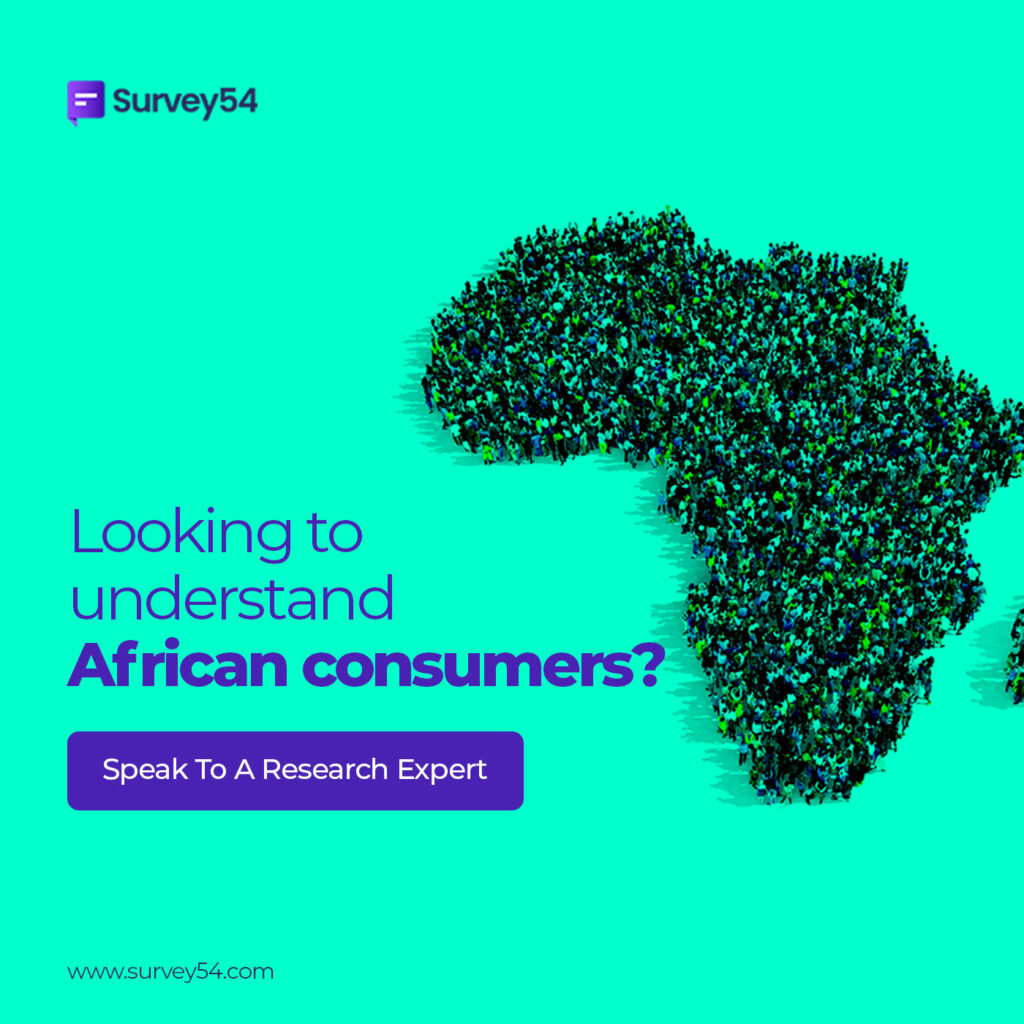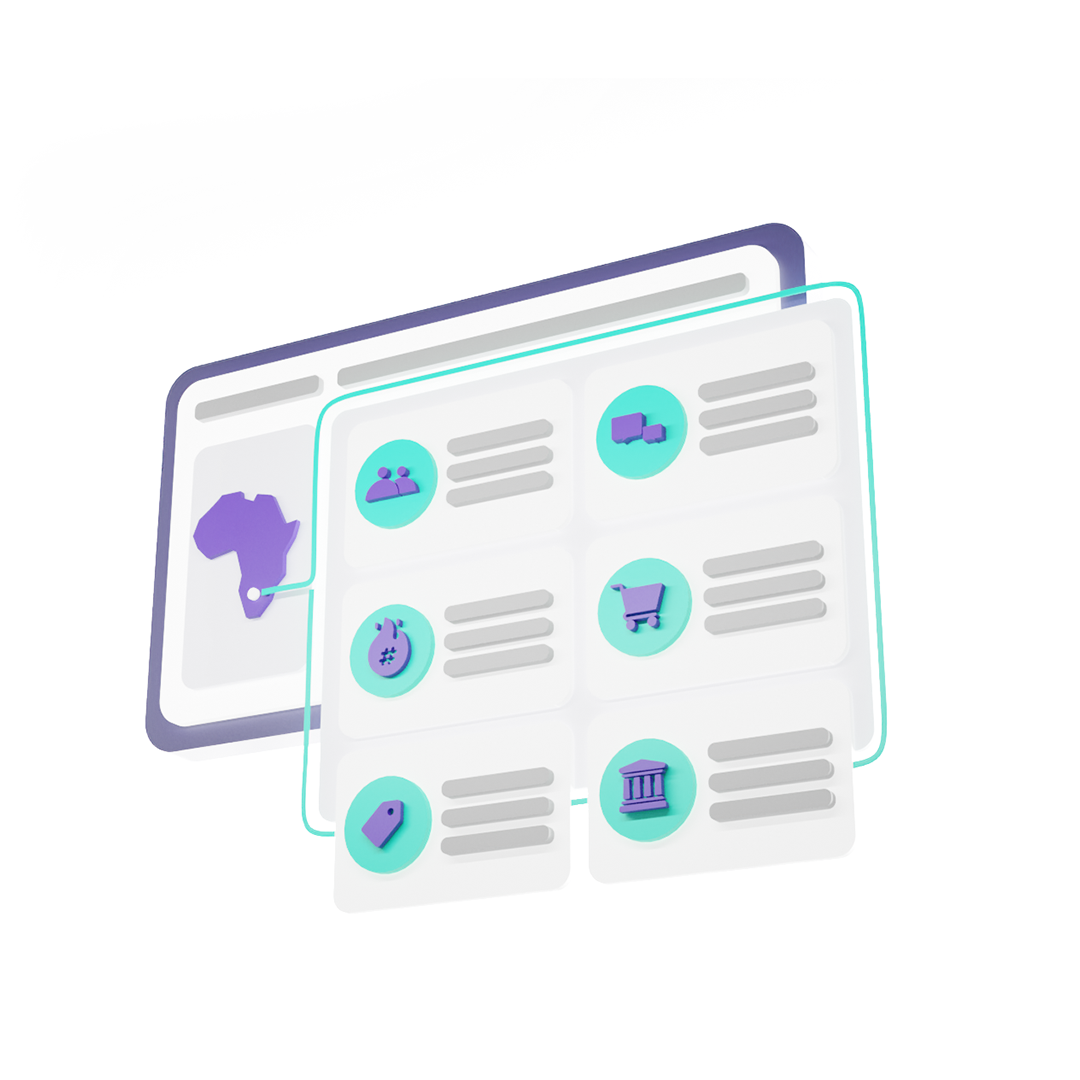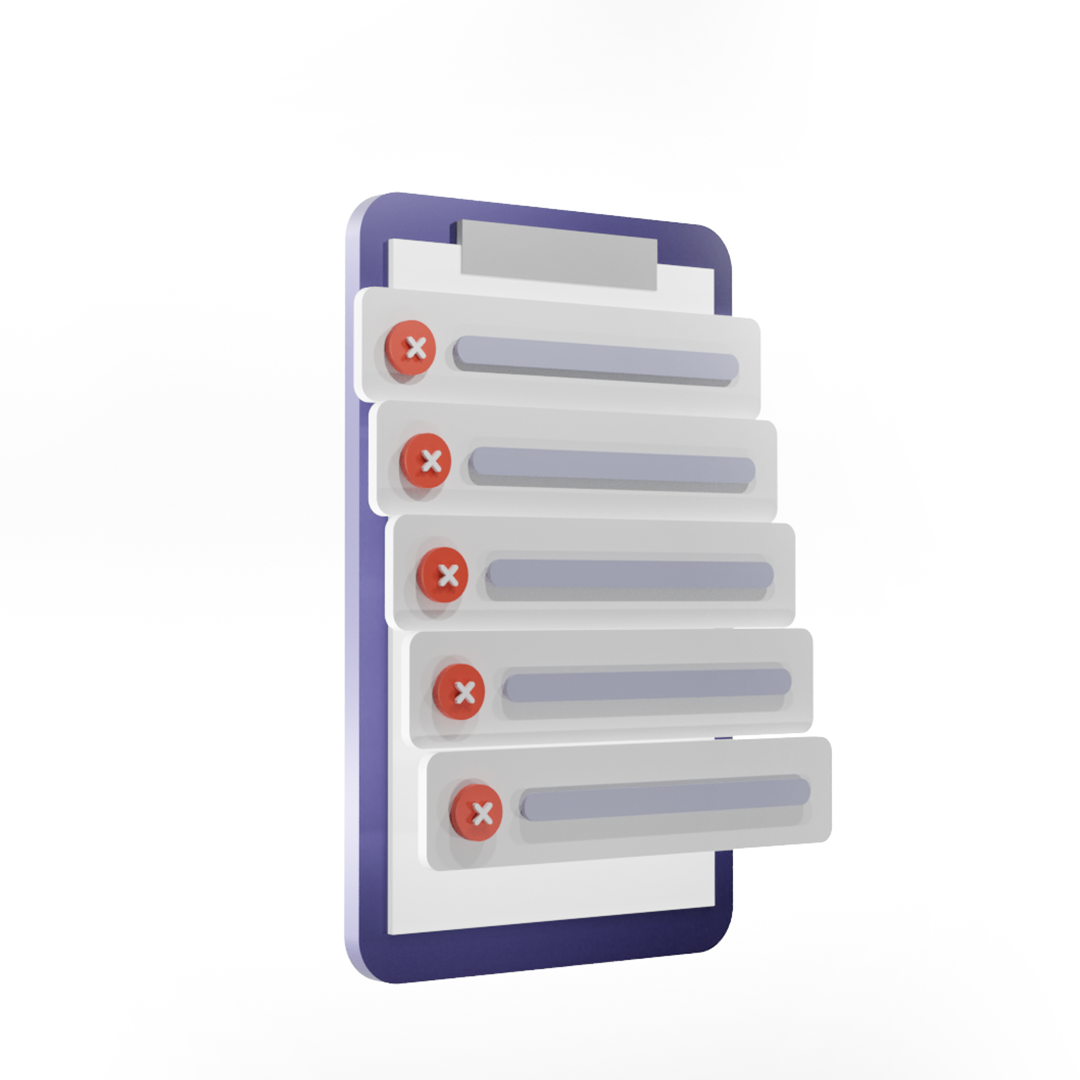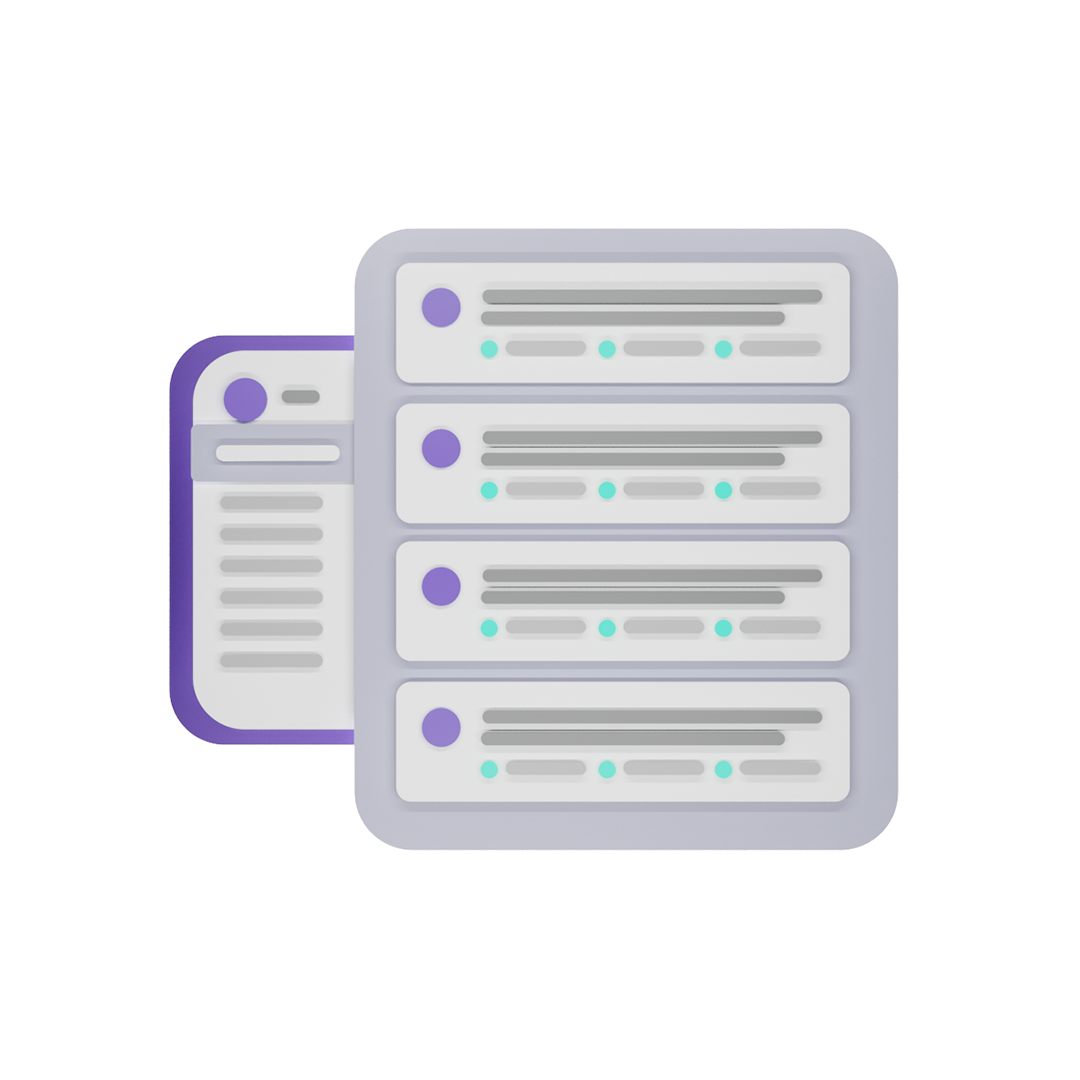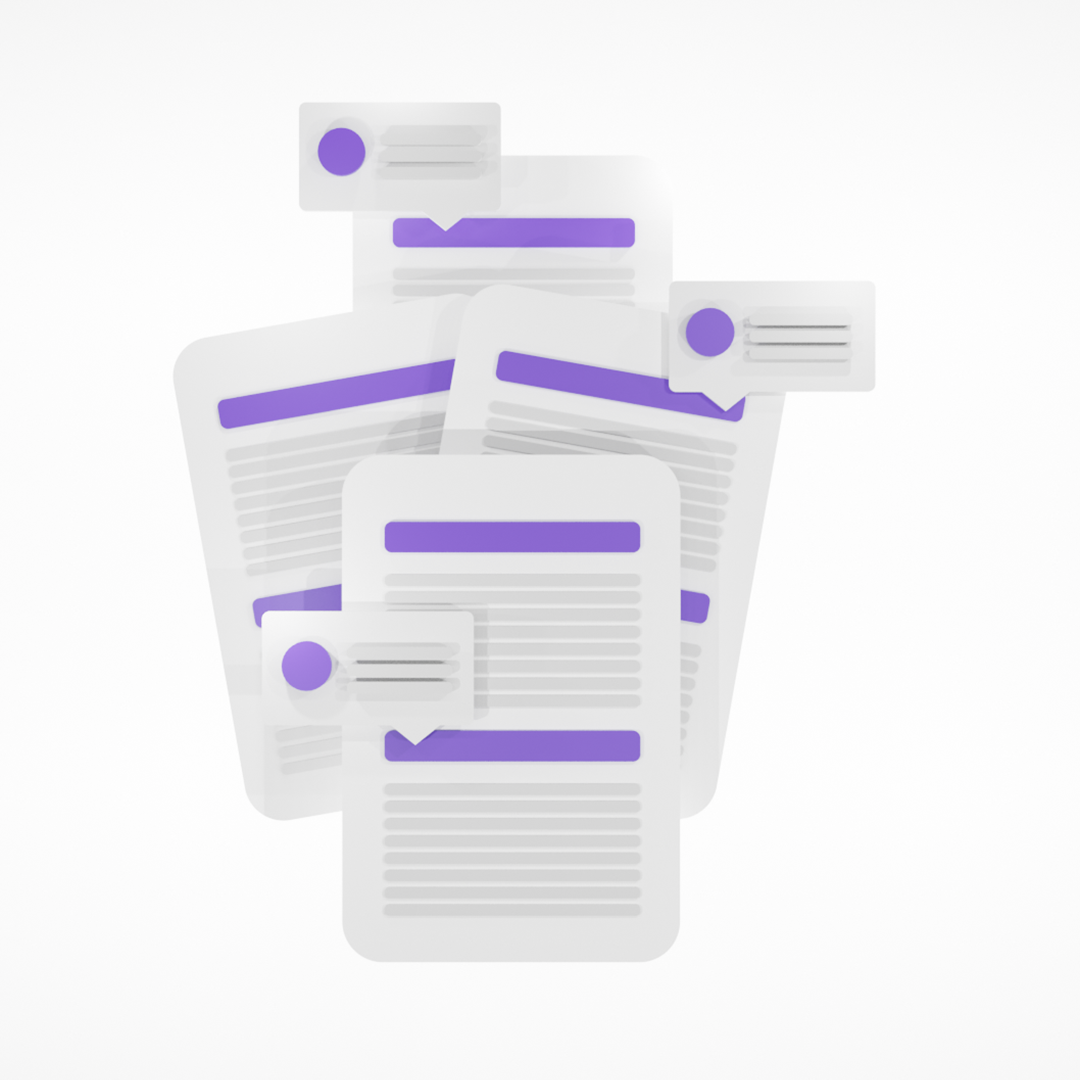How Mobile Data Collection Is Helping To Address Africa’s Consumer Data Gaps
Introduction
The mobile market in sub-Saharan Africa is the fastest growing in the world and it has been estimated that by 2020, 50 percent of Africa’s population will have access to mobile phones. That’s over 500 million people! These projections confirm the reality on ground because there’s abundant proof of how ubiquitous mobile phones have become and how much they have improved the lives of Africans. From Nigeria to Ghana, Kenya to Tanzania, mobile platforms are providing access to education, banking, healthcare and social services in an unprecedented manner.
This steady growth in the number of mobile users also means that now more than ever, businesses and governments can use simple mobile surveys as a reliable means of addressing the consumer data gaps that have long hampered fact-based business and policy planning. Through mobile surveys delivered via SMS, businesses, investors and governments can collect accurate and timely data, as frequently as needed. In this post, we dig in to explore how mobile surveys are improving consumer data collection and market research in Africa.
- 1. Scaling barriers to data collection
Mobile technology is helping businesses and governments get around traditional barriers to data collection, such as poor infrastructure, insecurity, and remote populations. These barriers made collecting data through paper surveys costly and time-consuming, especially when the time it takes to travel to remote regions, distribute and collect questionnaires is considered. Through mobile surveys, businesses operating at regional or local levels can access public opinion data, helping them identify areas for improvement and make data-driven decisions.
Without needing to travel, businesses can launch mobile surveys in different parts of a country – urban, rural and remote – through SMS, pre-recorded voice surveys and mobile apps. The data resulting from these surveys can then be collected and collated in real-time to gain valuable market insight concerning their products.
- 2. Providing quick turnaround time
Compared to paper-and-pen surveys, mobile surveys take significantly less time to develop and administer, and are also much less expensive. For instance, Survey54 was able to provide an investor client with data from 1000 pre-vetted respondents in Ghana within 48 hours of the client’s request. Achieving speedy turnaround like this would have been virtually impossible with a traditional survey. Less time spent on collecting and collating data also means businesses will have more time to analyse data, derive actionable insights and implement them.
Mobile surveys are also very dynamic. They can be designed to collect precise data on the buying habits of specific demographic subgroups or to gain insight into the big-picture market landscape. This level of real-time access to consumer data in Africa is something businesses have never had before.
- 3. Lowering the cost of data collection
Mobile data collection has lowered the cost of data collection so much that start-ups like Survey54 can provide access to thousands of respondents in Africa and the diaspora at a very affordable rate. The model they use compensates respondents for their time while also ensuring clients can poll a targeted demographic at any time. The cost of compensating respondents for their time and input is so much lower than the costs of traditional methods of obtaining the same data.
- 4. Leveraging relate mobile infrastructure
Mobile data collection becomes even more powerful when related mobile infrastructures are put into play. Regional mobile subscriber networks and strategic partnerships are already being leveraged to gain deeper consumer insights. Start-ups like mSurvey (now Ajua) are doing just this in East Africa with remarkable results. GeoPoll, with its extensive survey service in East Africa, is another mobile data collection company that demonstrates the possibilities for mobile data collection across the continent.
We are also seeing mobile data collection become a very valuable in-house tool for Africa’s homegrown tech enterprises who use it to improve the efficiency of their mobile and web applications in targeted ways. Kytabu, a technology company based in Nairobi, Kenya, is a great example. They let users lease digital text books and audio books, paid for using mobile money. Kytabu then tracks what every user reads and searches, and can match publishers’ materials with users based on the data they have on users’ preferences.
- 5. Democratizing data collection
The services provided by mobile data companies like Survey54 are flexible, on-demand and relatively inexpensive. This means there’s no need for large capital expenses. Small businesses, start-ups and researchers can collect the data they need at a scale and pace they can afford. Mobile data collection has broken down the wall of exclusivity that meant only large corporations and government agencies could afford to commission consumer surveys.
The landscape of start-ups in the mobile data collection game is also getting richer. It’s not just about generating new data, the likes of Kopo Kopo are working to save transactional data that would otherwise have been lost, allowing businesses to reconnect with old customers through rewards, surveys and special offers.
It’s clear that mobile data collection is levelling the playing field for both big global brands entering the African market and small homegrown brands willing to compete with established giants. Mobile data collective is giving big and small companies equal and affordable opportunity to understand and engage their customers in Africa.
Conclusion
Mobile data collection is a game-changer when it comes to addressing Africa’s consumer data gaps. Cost-effective mobile surveys, eliminating data collection barriers, providing quick turnaround time, and leveraging interconnected mobile infrastructure are some of the ways through which mobile technology is helping close consumer data gaps in Africa. Perhaps, the question worth asking now is if Africa’s governments and homegrown start-ups are making the most of the immense opportunities availed by mobile data collection.

